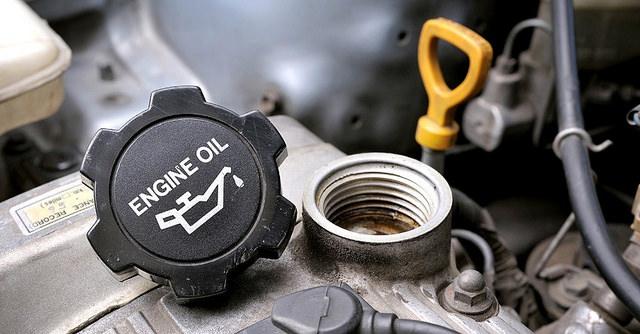Changing the engine oil is an essential form of automotive maintenance. Whether you drive a car, truck or SUV, you need to change the oil according to the manufacturer's recommendations. Unfortunately, many drivers neglect this otherwise primary form of maintenance, believing it's nothing more than a waste of money. According to Mount Pleasant Auto Repair, “your car plays a huge role in making sure that everything works out the way it should.” If you're still skeptical, here are five reasons you should change your oil on a regular basis.
#1) Cools the Engine
Oil protects your engine from overheating by reducing friction between its various components. Most engines today have an ideal operating temperature of 195 to 220 degrees Fahrenheit. While the cooling system is responsible for keeping engine temperatures in check, oil also cools the engine and protects it from overheating.
#2) Lubricates the Components
In addition to cooling the engine, oil lubricates the valves, pistons and other internal components. This lubrication reduces unnecessary wear and promotes a higher level of performance. Without oil or clean oil, the engine's parts will grind together to create heat. Oil lubricates the engine and its components, however, to protect against damage such as this.
#3) Catches Particulate Matter
Combustion engines create carbon deposits as a byproduct of burning gas. Most of these carbon deposits are released through the vehicle's exhaust system. Some, however, remain trapped inside the engine's combustion chamber where they gradually wear down its internal components. Thankfully, oil is designed to catch carbon deposits and other particulate matter, preventing them from degrading your engine.
#4) Improved Fuel Economy
You have to think of regular oil changes as an investment. While it costs money to change your oil, it pays off in the form of fewer fill-ups at the pump. Again, this goes back to oil's lubricating effects. If you have insufficient or dirty oil, your engine's components will rub together while creating friction and heat in the process. This rubbing forces your engine to consume more fuel to counter these effects and achieve the desired speed.
#5) Find Leaks
Finally, changing your oil on a regular basis will allow you to locate leaks more quickly. Most drivers rarely if ever check their oil dipstick. They only learn about an oil leak either when it causes engine problems like overheating or when they change their oil. By changing your oil regularly, you can identify small leaks before they turn into more significant issues.
As you can see, changing your oil regularly is an essential step in auto care. It cools the engine, lubricates the components, catches particulate matter, promotes higher miles per gallon (mpg) and allows you to find leaks.









